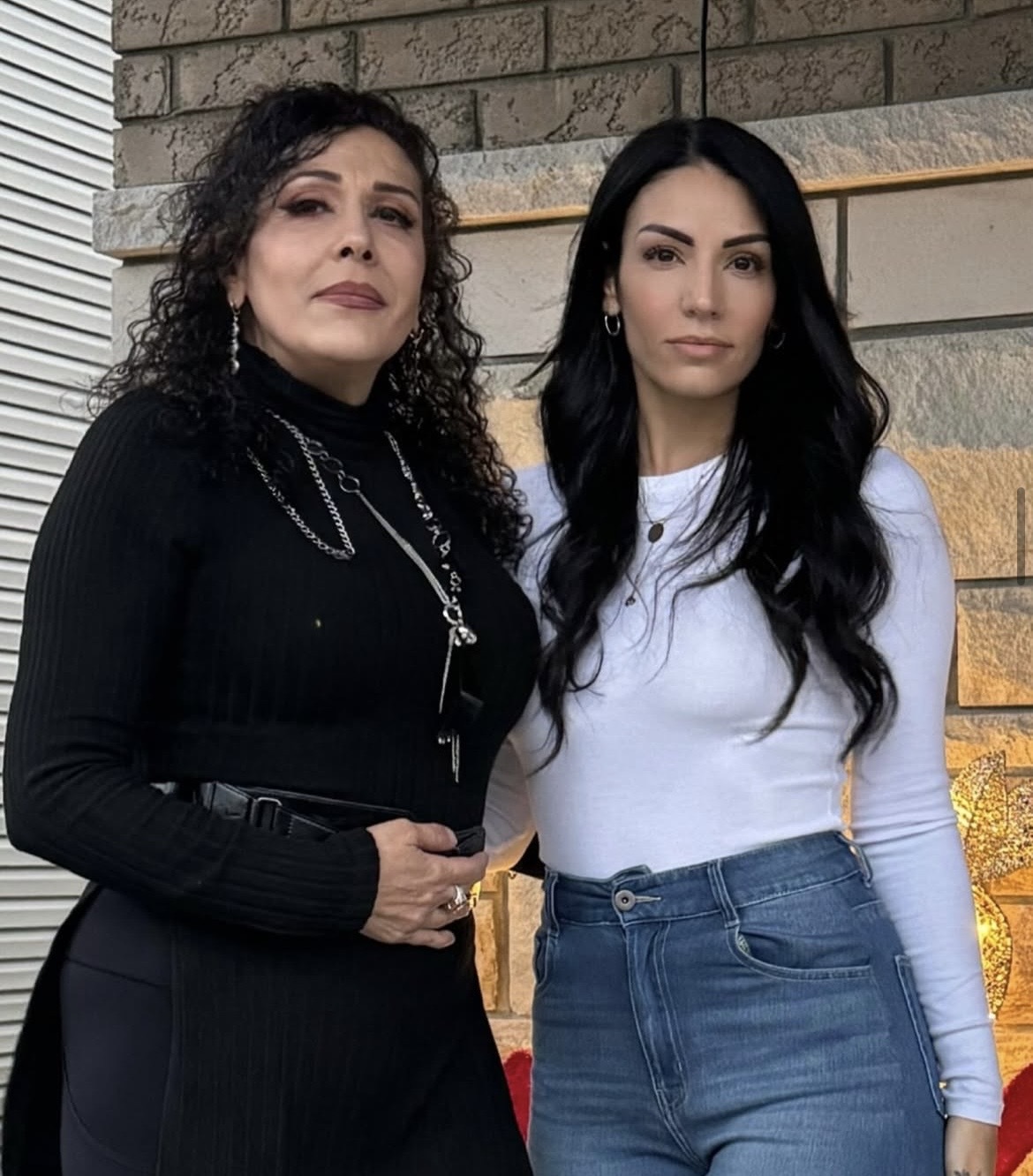This is probably one of the hardest stories I’ve ever shared, but I want you to really understand the depth of what happened between me and my mom, not for sympathy, but because maybe something in it connects with you.
I want to walk you through how I went from resentment to compassion, from being the child who walked away to the woman who learned what real healing looks like.
I was the middle child. My sister was two years older and had health issues, so she and my mom were inseparable. My little brother came next, the first boy and he naturally got all the attention. I spent most of my childhood feeling like an outsider.
We grew up in community housing and didn’t have much money. At fourteen, I got my first job so I could buy things for myself and take pressure off my mom. I started paying for my own phone, my own clothes, all of it.
I still remember my 15th birthday. There was no cake. My mom said, “Well, you’re working now, I thought if you wanted one, you’d buy it.” My sister’s birthday was nine days after mine, and she got a cake. It seems small, but those moments pile up. They made me feel forgotten.
As we got older, my sister and I fought a lot, and my mom always took her side. I’d ask, why don’t you ever ask my perspective? but she never did.|
When a child feels unseen, they start searching for love somewhere else. I started dating very young, trying to fill the void. Every fight, every dismissal pushed me further away until eventually, I started resenting my mom.
In my early twenties, I was dating someone my family initially liked. Over time, things turned toxic, and my mom gave me an ultimatum, “Stay in this house, or stay with him.”
That moment broke me. I couldn’t understand how she could love me and put me in that position, especially when my sister had been treated differently. Soon after, I came home to find my things in garbage bags. That was it.
I left. I was done. I told myself she didn’t care and built my life without her.
For years, I carried resentment. I struggled with anxiety, lost my job, and fell into debt. My mom would get the bills at her house and try to reach out, but I pushed her away.
In therapy, my pain was validated. I was told my mom and sister were the villains of my story, that I was better off without them. For a long time, I believed it.
Until the day everything changed.
My mom was on her deathbed after taking too many narcotics and seeing her like that shattered me. I began grieving her while she was still alive and realized for the first time, I didn’t want to lose her.
Even after everything, I still loved her.
And that’s what I tell parents now, your child isn’t not talking to you because they don’t love you. They’re carrying pain they don’t know how to process. They feel like you don’t understand it.
When I tried to talk to my mom, she’d justify everything: “I did it for you. I was trying my best.” But I didn’t want explanations. I wanted her to simply say, “I see your pain. I’m sorry.”
That’s what most children want, not to relive the past, but to feel understood.
Eventually, I realized that to heal, I had to step out of my own story and see hers.
So I sat down and wrote my mom’s story.
She was one of sixteen siblings. Her father died when she was three. She grew up poor, neglected, and displaced by war. When her family came to Canada, they lived in a house with no heat, surviving on almost nothing.
I thought about her life and felt something I hadn’t felt in years, compassion.
No wonder she didn’t know how to meet my needs, she never had anyone meet hers. To her, she had given me the best childhood she could.
That realization changed everything.
I stopped expecting her to change. I stopped needing her to love me the way I wanted and started accepting her love the way she knew how to give it.
That shift freed me.
And it softened my heart toward my sister too. She remembered more of the pain and carried it differently. Once I saw that, I stopped blaming her.
I started seeing everyone’s story and that changed mine.
I speak from this perspective because I’ve been on both sides, the pain of walking away and the peace of returning with compassion.
My mission now is to help others do the same, not through blame or shame, but through understanding.
Estrangement doesn’t have to be the end. Healing begins the moment you stop waiting for someone to change and start seeing them as human.
Thank you for reading my story. If it gives you anything, I hope it’s the reminder that love can survive even the longest silence.
Tania Khazaal


